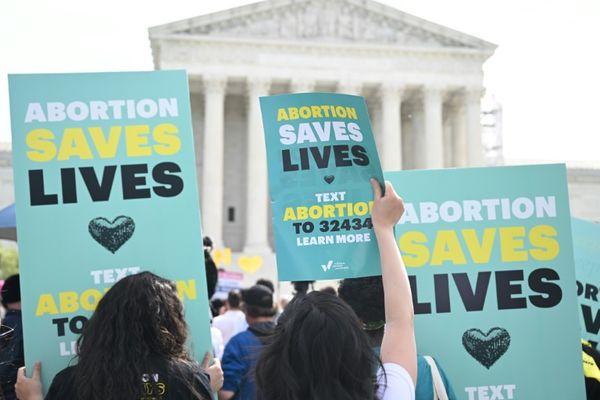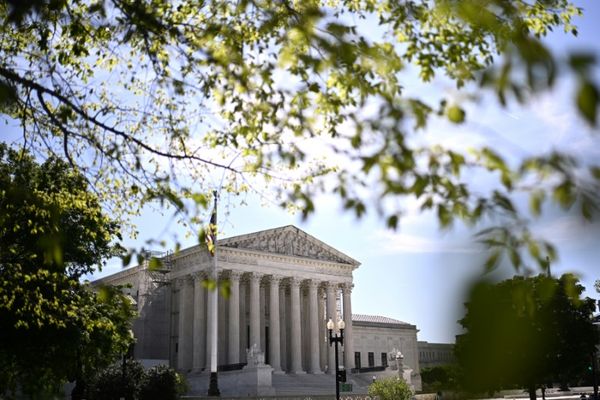
When my two brothers and I played football in the playground over the broken fence at the bottom of our garden in Oldknow Road, Birmingham, our sister Sandra would sometimes call out our names. I can remember it like yesterday: the excitement in her voice, the sense of anticipation of what she was about to say. We sort of always knew what it was. Our game would slow to walking pace, our bodies subliminally preparing for the sprint that was about to happen. She would reach the bottom of the garden, lean over the broken fence and shout out: “Roger! Paul! David! There’s a black person on the TV!”
Bang! It would be like a starting gun had gone off. The three of us would hurtle towards the fence, up over the wall, through the garden into the kitchen, then the living room to see this rare apparition. He was usually tall and big and strong. He didn’t say much, but he was always heroic, and everyone seemed to think he was great. He was usually American, not English, and the movie would be some sort of adventure tale about Sinbad and the 40 thieves. There would be sea creatures and fighting skeletons, and always a pretty girl in distress: this was Hollywood, and no expense was spared.

These days, the range of parts on offer to black actors in Hollywood has expanded, but, as we approach another Oscars ceremony without a single non-white acting nomination – and a chorus of protests from the likes of Michael Caine, Charlotte Rampling and now Clint Eastwood to the effect that black actors should stop whining – my childhood experience still rings true. We had to sprint: nine times out of 10, our boy wouldn’t make it to the end of the movie, so time was of the essence. The most likely outcome would be his tragic death saving the life of the film’s hero, who would be white. He’d say something like, “No, you go take the gold and the girl and get out of here, I’ll stay here and fight the cyclops,” and they’d all leave him to it, just him and the cyclops fighting to the death. Bless him. He sacrificed himself for his mate. Meanwhile, we’d been on the the sofa or floor for no more than half an hour, and already our boy was “brown bread”.
It was good to see him, though. Our mum would make us a plate of chips and soon enough we would be back out on the playground, Lorimer, Bremner and Shilton about to resume another classic; jumpers for goalposts, next goal wins.
That was nearly 40 years ago. We were the only black family on the street then, and although we saw black faces on the way to school, at school and walking home from school, you hardly, if ever, saw black people on television. Certainly not being successful, never in charge, never the central character – nothing more than the occasional glimpse. This is why it was always such an event in our house when the West Indies cricket teams of the early 1980s came over from the Caribbean and sent English wickets tumbling: here were our representatives on television winning, fast, powerful and brilliant. This wasn’t something we saw every day.
I’m 50 this year, and although much has changed since my youth, the issue of black representation on screen is, astonishingly, as alive to me now as it was then. The question of black exclusion and the issue of diversity is a vital topic within the current film and TV industry, in the UK and US alike. I’m sheltered from a lot of the old arguments at home in the UK, as these days I spend most of my time in the US. (I’m currently having a great time playing J’onn J’onnz, otherwise known as the Martian Manhunter, on the CBS show Supergirl.) But last week I read that Idris Elba had given a speech in the British parliament about the lack of diversity in UK film and television; just as I finished the article, I realised that Twitter and the internet were exploding with the hashtag #oscarssowhite. Suddenly these two strands came crashing together, and I found myself in the middle of an international story on the subject of race and black representation on screen.
As the news filtered through that the list of this year’s Oscar nominees had been announced, and for the second year running, not one person of colour will contest any of the academy’s acting awards, it seemed that this time the world was outraged. Shocked! This is scandalous! Within the hour journalists from all over the place wanted comment. We want to talk about the “white-washing” of the Oscars. Can you go live between 6 and 6.30? Do you need transport? How about Skype? I swerved most of them. What was going on? When did the world become so demonstrably concerned about the exclusion of black and minority actors from the movie business’s most glittering annual event?
I have spoken before on the subject of black representation in the UK film and TV industry, to varying effect. It’s a difficult subject to discuss openly. In the UK, we tend to sensationalise it. Harewood “attacks”, Lenny Henry “complains” – you have to very careful what you say. One flippant quip and damn, there’s your headline – all the sensible, reasonable points you might have made are buried or scattered down the article, and somehow you sound like a member of the revolutionary guard. Here in the US, the issue is playing out differently, as demonstrated by the Oscars controversy.

I have to be honest: I didn’t know the academy had announced the nominees. I never do. Come awards season, I tend to switch off, and always have. I saw the excitement of it all when a show I had appeared in, Homeland, won a Golden Globe and an Emmy. It was an incredible experience – to be among the brightest and the best in your industry; TV and movie stars as far as the eye could see. But the Oscars are something apart: while US TV pulses with a black presence, the situation in the movie world is very different.
Unlike the films my sister would call me in to watch, the Oscars have never been essential viewing for me. I did tune in when Denzel Washington won, I tuned in when Halle Berry won and I think I tuned in when Jamie Foxx won – but other than that I only have fleeting memories. Perhaps it’s a bit like watching the West Indies playing cricket: our representatives on TV claiming rightful recognition for their brilliance.
But in general, the Oscars isn’t like cricket, it’s more like golf: exclusive, privileged, immaculate and predominantly white. Just like most of the movies in the cinemas. What the Oscars debate crystallised for me was that there was a growing number of people, all over the world, black and white, who see that there is something not quite right about the images we constantly see – that people are often missing from the picture.

This isn’t just about the awards, and it has nothing to do with being patient; nor is it, as some have suggested, racist to white people. People of colour are simply not being given the opportunity to compete to be the brightest or the best.
To me #oscarssowhite represents an opportunity for people in this industry to ask ourselves what exactly we are doing to make this business a more inclusive place to work, or to make it a place where people and stories of colour are given equal consideration. The academy may pride itself on its history, but the world around it is changing, and unless it begins to reflect those changes, I can see the Oscars ceasing to be of any relevance to a growing and vocal new generation of artists who see it as a relic of the old world.
A number of artists, among them Spike Lee and Jada Pinkett Smith, feel so strongly about this issue that they are boycotting the awards this year. I can understand that, and I think it’s an important gesture, but I’m not sure I would do it myself.
I will probably tune in to the show just to watch Chris Rock hosting. It’s more or less guaranteed he’ll say something about the lack of diversity in the room, so that at least should be worth a watch.
I’m not sure anything will change if people start to boycott the Oscars, just as I fear that Elba might have been wasting his breath talking to those MPs last week, but what is encouraging is that a sizable number of people are beginning to understand the frustrations black and minority artists have over a lack of opportunities and a lack of recognition. It doesn’t matter how much talent you have if you don’t have the opportunity to use it.
Will change come soon? It’s going to take a long time to change attitudes. The gatekeepers of the industry have a working formula – you could argue they have no need to change what seems to be working, economically speaking. This is a business, after all. It won’t be easy to get people to risk their money on stories they may not recognise, or stars that don’t look as familiar.
But there is a growing clamour for stories that reflect a more diverse world audience, and with so many new ways to access and consume media, it would seem stupid not to get in on this while it’s still a relatively untapped source. Perhaps someday, when they award the brightest and best, it will be the work itself that makes the headlines, not just the colour of the skin of those who made it. And if that happens, in another 40 years’ time, when I’m sitting in front of the television with my grandkids, perhaps they’ll see people just like them make it all the way to the end of the film.







